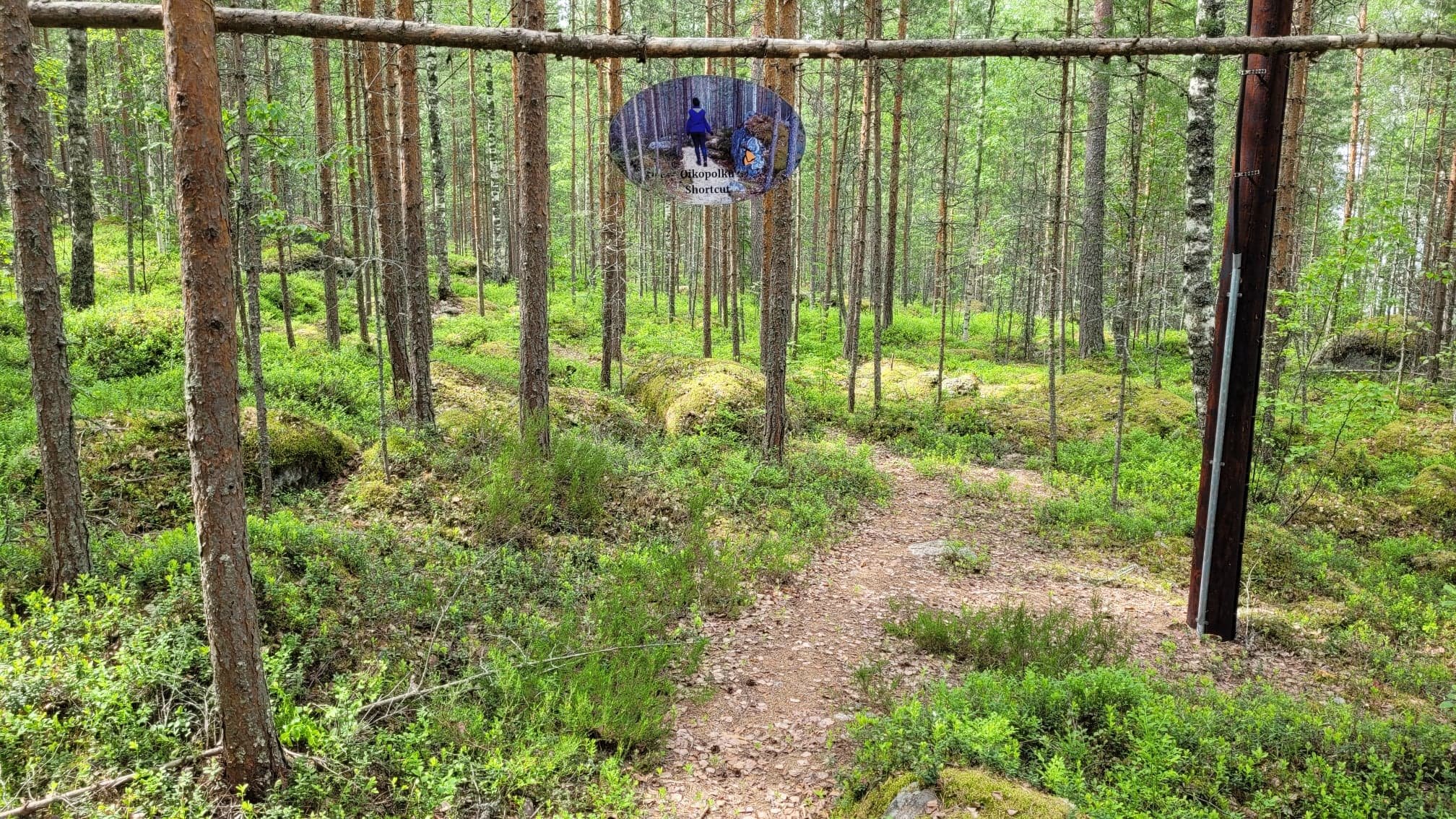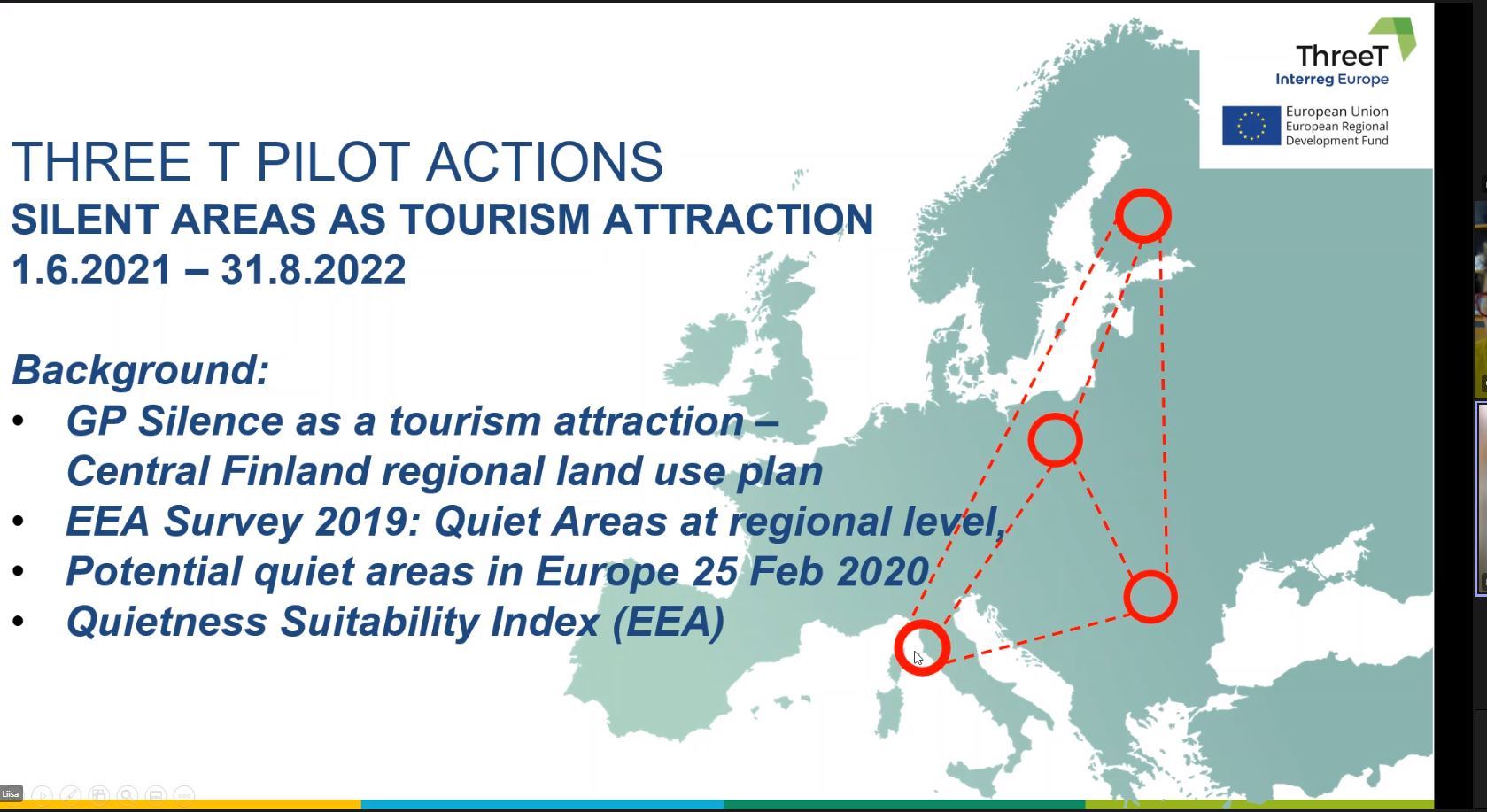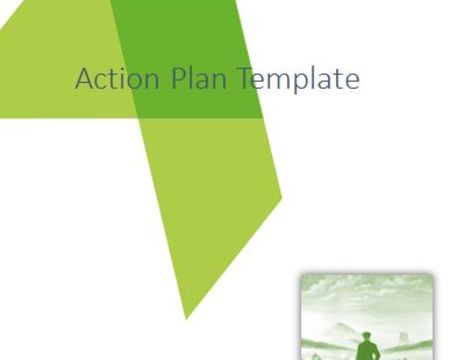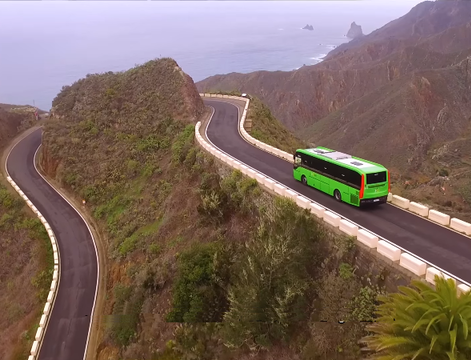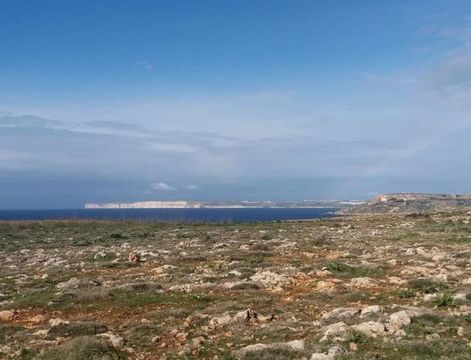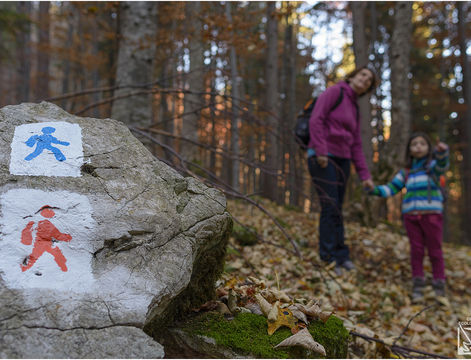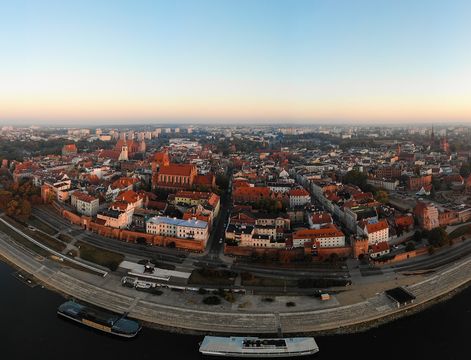Three pilot actions, approved for additional funding by the Interreg Europe Program within the Thematic Trail Trigger-ThreeT project, aim at implementing a sustainable tourism product idea "Silence as a tourist attraction", developed using the methodology proposed by the partner Regional Council of Central Finland as a Good Practice. The partners are Livorno Province in Italy, Kujawsko-Promorskie Region in Poland and Brașov County in Romania. The concept of quiet areas as tourist attractions in Europe is piloted as an engine for local sustainable development, especially after COVID 19. The first stage of testing the new approach will be to characterize the important conditions for the delimitation of quiet areas (noise sources). Romania wants also to test the initialization and operationalization of a thematic route of silent areas (silence - defined as sustainability and responsibility to nature) as a product, promoting the exploration of local nature and connecting people to nature with beneficial effects on health. This concept is a tool for the development of sustainable tourism and for increasing the tourist potential in areas where quiet areas develop (including urban ones). Livorno Province intends to contribute to the methodology for identifying and documenting silence areas using a 3-Dimension approach, while the Polish partner will link the pilot action with the planned initiative to valorise the protected areas in their region within ThreeT Action Plan.
In the process of implementing the Pilot Action, the partners have agreed with the European Environment Agency (EEA) to pursue a strategic cooperation at European level.
The decision was taken following a consultative meeting between the Finnish partner (being the tutor of the Pilot Actions)& the other three European partners and the representatives of EEA in July and September 2021 and later with the European Environment Information and Observation Network (Eionet) EIONET where the pilot action concept was presented during an online seminar on 7th October. The cooperation pursues several objectives, including the regular exchange of data and information between the partners of the pilot action, the EEA and EIONET in regular meetings, correlating methodologies for defining quiet areas.
"The European Environment Agency (EEA) is an agency of the European Union whose aim is to provide accurate and independent environmental information. The EEA aims to support sustainable development by contributing to the significant and quantifiable improvement of the quality of the environment in Europe by providing up-to-date, accurate and relevant information to decision-makers and the public.
The European Environment Information and Observation Network (Eionet) is a partnership network between the EEA and its member and partner countries. Through EIONET, the EEA gathers environmental information from each country, focusing on the prompt provision of high-quality, nationally validated data.”
We look forward to providing our readers with more updated information on the progress of the Pilot Actions in the coming months!


